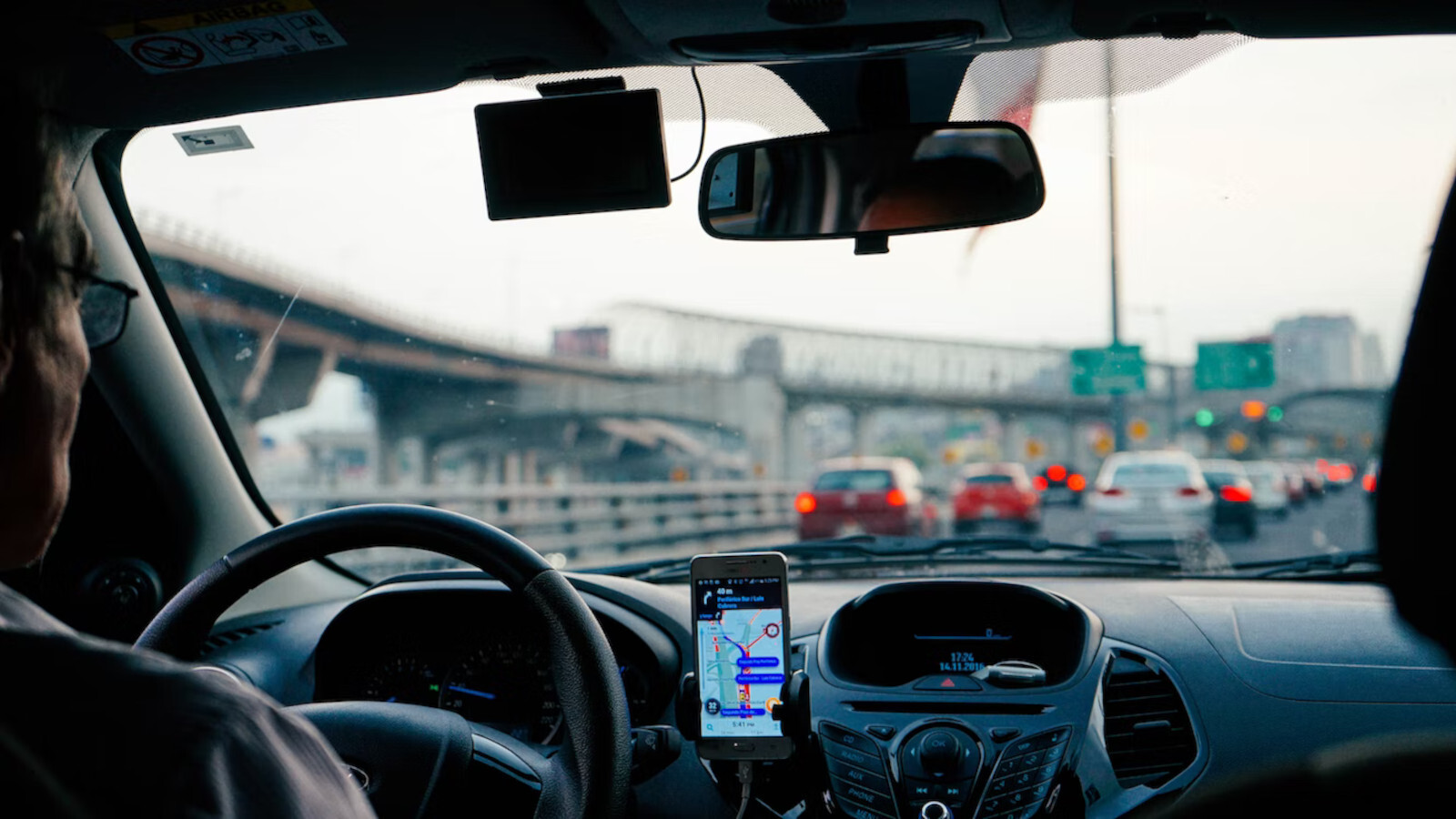Colorado rideshare drivers are cutting ties with the larger apps—including Uber and Lyft—and have instead formed a collaboration among themselves, including the creation of a new app operated directly by the drivers.
Minsun Ji; executive director of Rocky Mountain Employee Ownership Center (RMEOC), which helped create the app; recently told Westword that drivers are upset about how they're being treated by the big companies, with commissions as low as 25%. She also noted that the new co-op will help people who don't have many job options.
“A lot of Americans will have choices,” Ji told Westword. “Maybe it doesn't work and you could just give up and move on to something else, but a lot of workers, they’re stuck with Uber...and they have no other way out of it."
The new way to get a ride arose from mounting frustrations over a lack of transparency with the larger rideshare companies, the Westword report said. The drivers' co-op gives drivers more control over how they're managed and how much they're paid. In 2022 a union called Colorado Independent Drivers United was formed for drivers of all kinds—such as rideshare, delivery, pedicab, taxi and limousine. The union has called on rideshare companies to limit the percentage of profits taken from each ride to a maximum 25%, share more details about jobs before drivers agree to take them, and end the practice of deactivating drivers without giving any reason for the deactivation.
RMEOC's goal is to help launch the rideshare company by generating capital, teaching drivers about running this type of business, and advocating for legal changes; the Westword report said. It will be the first employee-owned business that RMEOC helped facilitate. They hope to have a minimum of 2,000 drivers at launch-time, which would make it the largest worker's cooperative in the state. There is a $100 buy-in for drivers, and they will also have to take part in an orientation to learn company operations and their responsibilities as partial owners. Drivers will receive 80% of the ride profits, with the remaining 20% going for hiring staff and other company costs.
Employee-owned companies provide many advantages, including a more democratic place for people to work, better pay, and a better working environment; Ji told Westword. The system will also improve opportunities for people who may not have many work options, such as immigrants. In metro Denver, 75% of Uber drivers are immigrants.
After it launches, Denver will be the second city to have a driver's co-op. The first was formed in New York City in 2021. The New York co-op began with pre-planned trips only, contracting with the MTA's Access-a-Ride program to drive people to nonemergency medical appointments. It has since added on-demand rideshare for anyone, available at any time, and has delivered $5 million to its drivers since launching.


